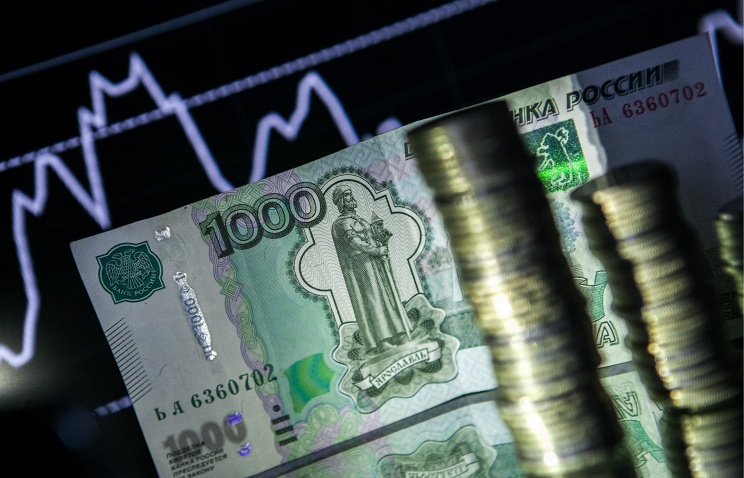
The ruble’s exchange rate has adjusted to new economic environment after its move to free floating, Central Bank Chief Elvira Nabiullina said on Tuesday.
Central Bank Chief added that she doesn’t consider the ruble’s shift to free floating as “flash forward” as otherwise the regulator should have artificially supported the national currency, which would then corresponded with neither oil price nor Russia’s companies’ inability to borrow internationally.
Nabiullina said it was no good to impose obligatory sale of foreign currency earnings by Russian exporters either, as “we’ve been monitoring and will be monitoring the companies’ sale of foreign currency earnings. Companies are selling it, but they wouldn’t sell more if we imposed 50% or some other percentage,” she said.
Ruble’s devaluation in summer narrows room for easing monetary policy
“In recent months inflationary risks have increased, partially due to the ruble’s weakening in summer. This has temporarily narrowed room for easing monetary policy,” Nabiullina said, adding that inflation targeting is top priority for the regulator now.
“It’s necessary to lower inflation to 4% target by 2017. According to sociological surveys, inflation is number one problem. Last year 70% of Russians said that while this year they are already 80%. This problem’s solution mainly defines people’s attitude to economic policy as a whole,” Nabiullina said.
Earlier Deputy Finance Ministry Alexey Moiseev said the ruble is most likely to face traditional seasonal weakening by end-2015. The Russian currency started to devaluate in the second half of 2014 when in June-December period the ruble plunged versus the dollar by 2,2 times. However, starting from February 2015 the ruble resumed growth and strengthened versus the US currency by 30%. In May the dollar dropped below 49 rubles mark several times though further on the Russian currency extended losses.
External conditions to take main effect on Russian economic development
“The Central Bank assumes that for our economy to resume growth within the next 3 years, independent of ever-changing external environment the economic policy should contain three elements: conservative budget policy, balanced monetary policy and firm agenda of structural transformation,” she said.
Russian Prime Minister Dmitry Medvedev said in an article published in Rossiyskaya Gazeta in September that the Russian economy is still considerably inefficient, lagging behind leading countries, for example in terms of labor efficiency “not by percent but by times.” He also assessed the strategic tasks faced by Russia now as unprecedented, and requiring serious reforms to shift to such a model of development, which will allow successful global competition.